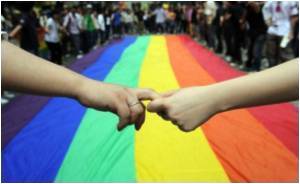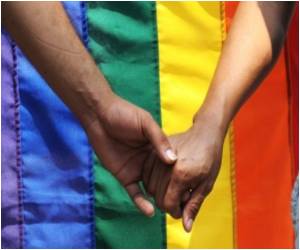Following years of debate between the liberal and traditionalist sides of the church, the Church of Scotland voted to allow gay ministers.

The General Assembly pledged commitment to its "current doctrine and practice in relation to human sexuality" but said it would not prevent liberal congregations to opt out of the convention.
The assembly will re-analyse the decision at next year's meeting and draft new regulations if it decides to implement the result of Monday's historic vote.
Church leaders were expected to vote for one of three options: to reject the ordination of gay men and women as ministers, to allow their ordination or to allow their ordination but with the option for individual congregations to opt out.
In the end, the Church voted for a fourth proposal put forward by the Very Reverend Albert Bogle.
Bogle's motion to "affirm the Church's historic and current doctrine and practice in relation to human sexuality, (but) nonetheless permit those Kirk Sessions who wish to depart from that doctrine and practice to do so" was carried with 340 votes in favour to 282 against.
"This is a positive step forward for a more equal society, and speaks to the progressive values of 21st century Scotland."
"The winning motion says that it affirms the historic doctrine of the Church, which is of course opposed to the ordination of ministers in same-sex relationships," said a spokesman.
"Yet at the same time the motion permits congregations to call ministers in same-sex relationships. The whole thing is totally confusing."
Source-AFP
 MEDINDIA
MEDINDIA




 Email
Email




